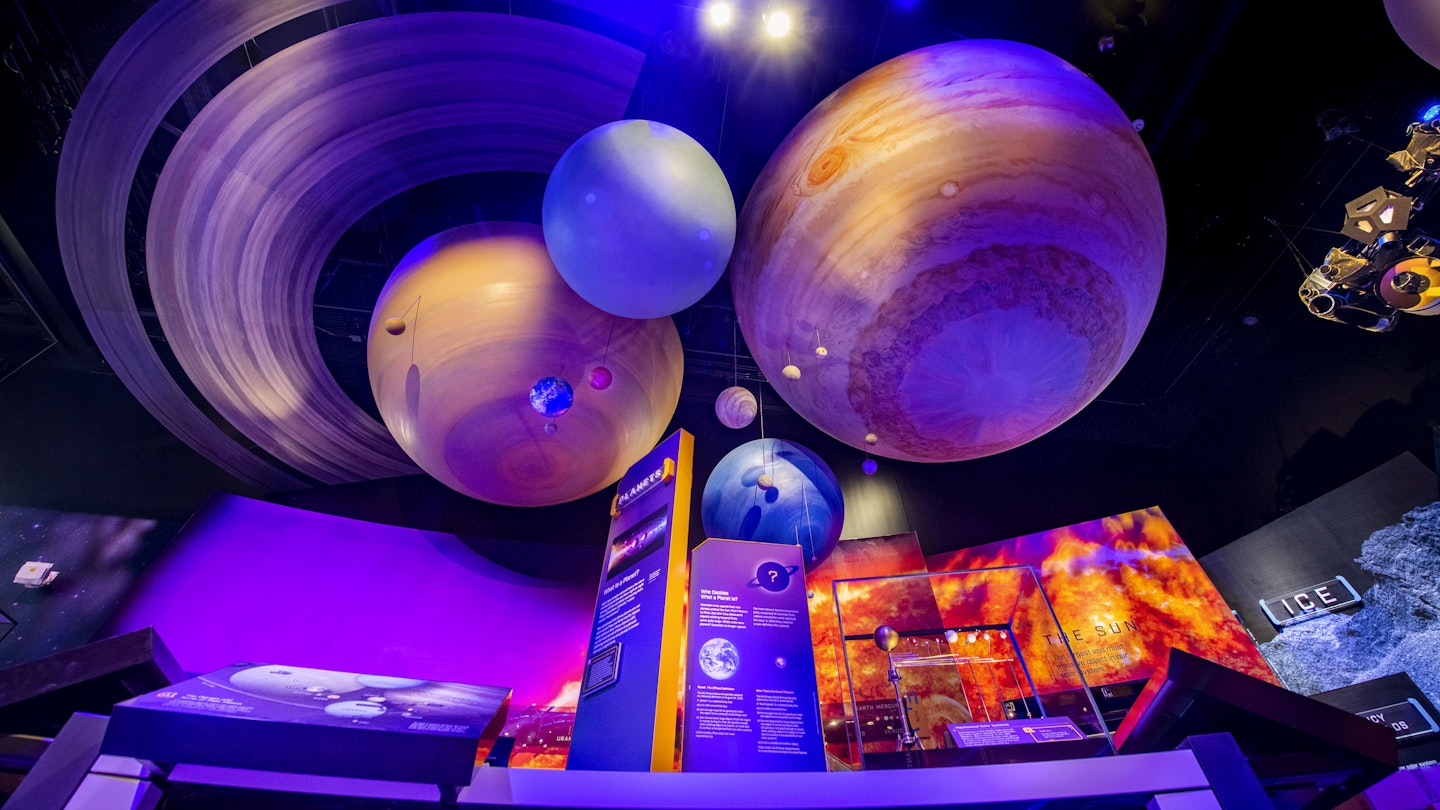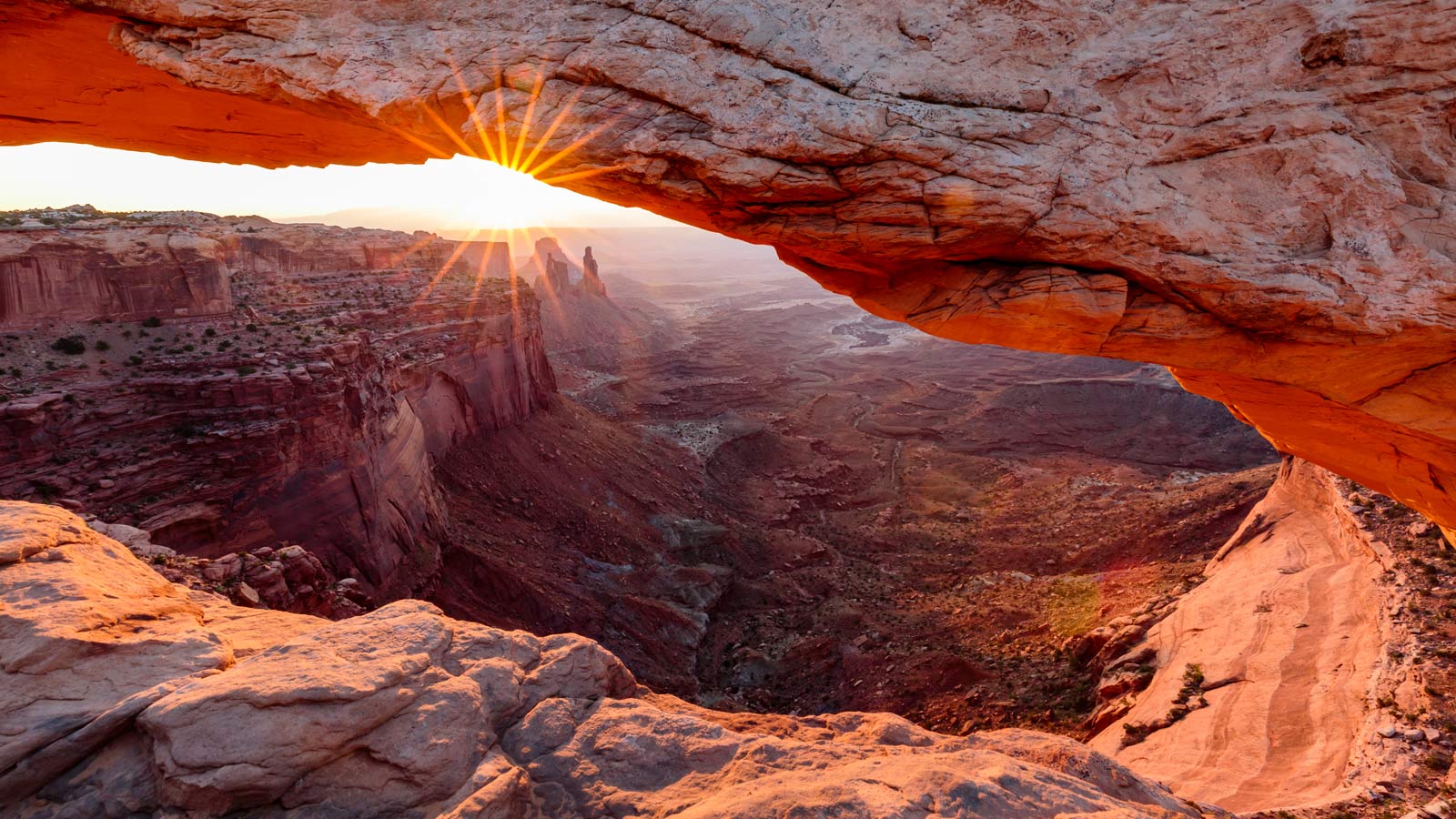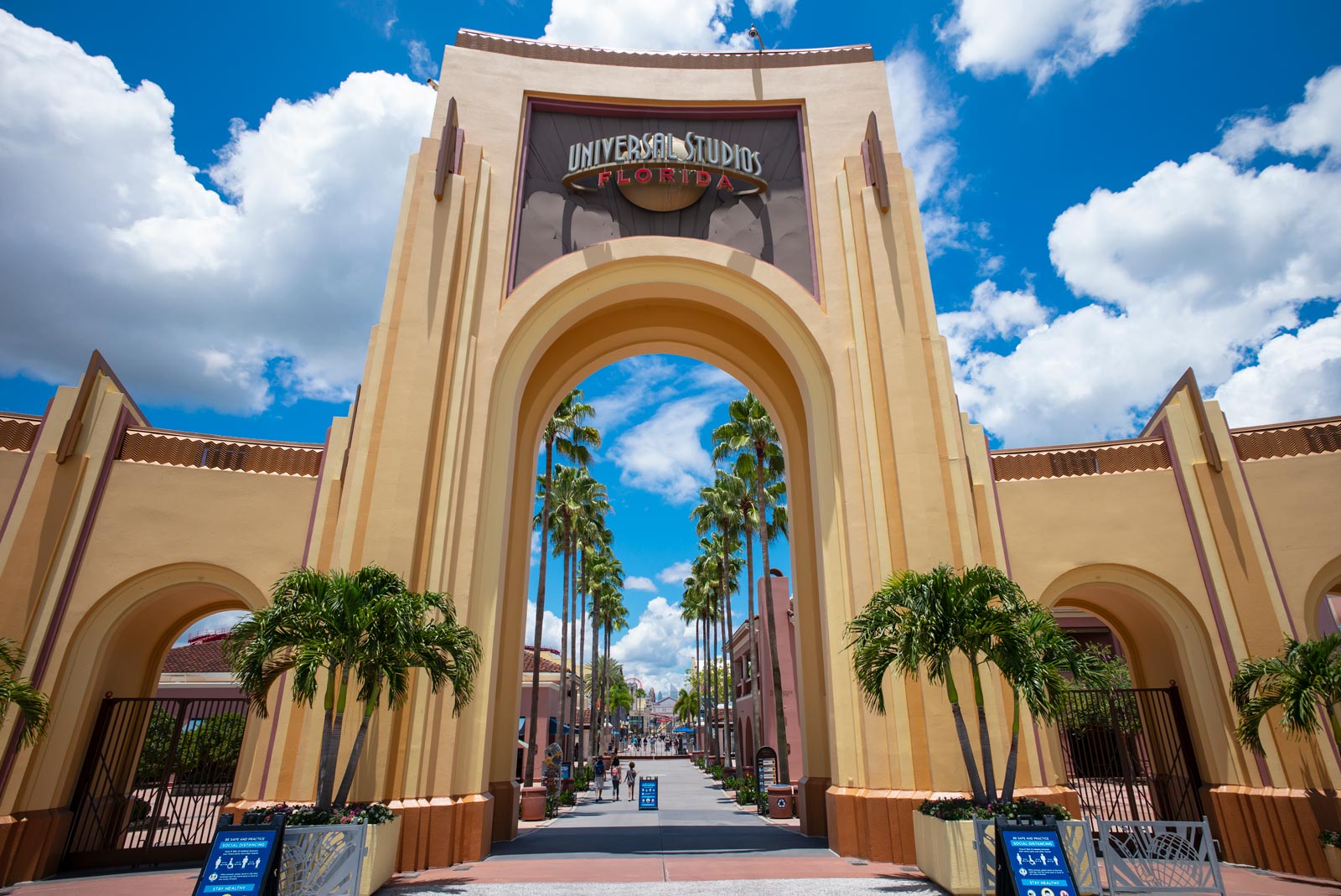Looking for a great reason to start planning your next adventure? In this series, we share the most compelling events, attractions and experiences that will have you visiting the world’s most exciting destinations.
October is a gorgeous month to visit Washington, DC: the weather is sunny and cool, and the crowds have gone. However, this year, there’s one extraordinary reason to make plans for an autumn stay: the reopening of one of the country’s favorite museums.
After completely shutting its doors last March as part of a large-scale, multi-year renovation that began in 2018, the Smithsonian’s National Air and Space Museum (NASM) is once again welcoming visitors on Friday, October 14.
“The structure needed rehabilitation,” says Jeremy Kinney, associate director for research and curatorial affairs at the NASM. “And we said, if we’re going to do all this work, why not reimagine what we do in our exhibitions?”
The first eight new and revamped galleries in the museum’s west end, as well as the planetarium, museum store, and Mars Café, are reopening. While the museum was outstanding before, the reimagined NASM will capture your attention the second you walk through the door. “You walk into an experience,” Kinney says. “We’re taking advantage of 21st-century technology — the latest trends in museums.”

Favorite artifacts will be showcased in new, exciting settings. In Destination Moon, the Apollo 11 command module Columbia and Neil Armstrong’s Apollo 11 spacesuit are displayed with interactive opportunities. “There’s lots of digital — sight, sound, and movement,” says Kinney. Moreover, digital screens will help put the artifacts within the context of the time.
Brand-new exhibits include Nation of Speed, covering America’s fascination with being the fastest on land and sea, as well as space. “You will see Mario Andretti’s Indy 500 race car and the motorcycle Evel Knievel used to jump over buses,” Kinney explains.

Integral to this update is the museum’s dedication to presenting more stories about the people behind these incredible achievements. “Our goal is that our visitors see themselves,” Kinney says. “We showcase Wendell Scott, the first African-American race car driver. We have people with disabilities, including veterans of war who adapt so they can race cars. Additionally, we also have the T-38 jet that Jackie Cochran used to break the supersonic record.”
The museum will have a phased reopening of the other galleries in 2024 and 2025. Entry is free, though timed-entry passes are required through 2023.
Eat
Mars Café is the NASM’s new eatery, featuring light bites in, naturally, a Mars-inspired setting. In Georgetown, Bozzelli’s serves “outta this world” pizza and Italian subs. Clyde’s Chevy Chase is a bit of a haul into Maryland, but its decor is aviation-themed. If you’re looking for something simple, Capital Grille is a popular steakhouse near the museum.
Drink
A buzzing rooftop bar near NASM, CityBar offers views of the city — and stars above. Rocket Bar in Chinatown displays model planets and rockets everywhere. Astro Beer Hall in Metro Center has a “space race” theme, cocktails, and delicious fried chicken and donuts.
Stay
CitizenM in L’Enfant is on the same block as NASA headquarters and makes for a great photo op on the way home. Yotel catches the spaceship vibe with its tech focus and purple glow. For something more standard, try historic Hotel Washington or Willard Intercontinental Washington, both about 1.5 miles away.




